-
ABOUT US
-
ACADEMICS
Curriculum Program
Departments
- English
- High School Chinese
- Primary and Junior School Chinese.
- High School Mathematics
- Middle School Mathematics
- Primary School Mathematics
- Music and Fine Arts
- Physical Education
- Physics
- Chemistry
- History and Geography
- Physical Science and Optional courses Department
- Middle School Biology
- High School Biology
- Social Sciences
- Computer Science
- Courses in Primary School
Achievements and Matriculations
College Counseling
Science & Technology Innovation Contest
Subject Competition
-
ARTS
-
ATHLETICS
-
AT SHSID
SHSID ∣ TIMES
PTSA
Club Exhibition
- 龙吟社
- Live 2 Drama
- Choir
- Hip-pop Dance Club
- The Primary School Dance Troupe
- Symposiums Club
- Biology Workshop
- You Shan
- VEX Robotic
- Peking Opera Club
- Baseball Club
- Model United Nations
- The World Scholar’s Cup
- Future Problem Solving Club
- United States Academic Pentathlon
- OM Club
- AMC Club
- Music for Patients
- SHSID Gazette
- Smile Charity
- Cultural Moments
- SciAcademy
- Stem Doge Alliance
- Chinese Debate Club
- IAA
- Mock Trial Club
- Zhengming Club
- Furry Friends
- GT-Racing
- Village Radio
- IMMC Club
- Creative Design and Intelligent Fabrication
- Future City Research Project
- ECOCAP
- AdvocaSEA
- SPDC
- Medishine
- Floorball Club
- Animusic MTC
- Wings Up
- All Booked
Health and Wellness
Campus Safety
Cafeteria Service
-
ADMINISTRATION
-
ADMISSIONS
-
ALUMNI
Alumni Information
Honors Students
- Class of 2025
- Class of 2024
- Class of 2023
- Class of 2022
- Class of 2021
- Class of 2020
- Class of 2019
- Class of 2018
- Class of 2017
- Class of 2016
- Class of 2015
- Class of 2014
- Class of 2013
- Class of 2012
- Class of 2011
- Class of 2010
- Class of 2009
- Class of 2008
- Class of 2007
- Class of 2006
Who Studied at SHSID
SHS Foundation
-
DOCUMENTS
Puxi Campus Grade 4-5: Parent School—Take Care of Mental Health
To create a learning community where parents, teachers, and students participate together, the fourth and fifth grades of SHSID Puxi Campus invited Ms. Zhang Lujia, certified psychotherapist of the department of clinical psychology at East Hospital Affiliated to Tongji University, to give a lecture in the Zhentao Building lecture hall on the evening of May 25th. The theme was the Mental Secret of Teens. Ms. Zhang talked about how to differentiate mental health problems and mental illness, the psychological developmental traits of teenagers and common problems, tips for parents to deal with the mental challenges, and how to get along with teenagers.
First of all, Ms. Zhang introduced the meaning of mental health and compared the differences between mental health problems and mental illness. Mental problems or disturbances are normal mental activities. Each of us has ups and downs and if the uncontrollable feelings cause troubles or even disorders in our daily behaviors, emotions, or cognition, professional intervention is needed. Ms. Zhang also provided a Self-Rating Depression Scale and a Self-Rating Anxiety Scale to help the audience to understand their current mental situation.
Afterward, Ms. Zhang emphasized the importance of relationships; she mentioned three areas in interpersonal therapy and suggested the first thing parents need to do is to avoid conflicts, creating a peaceful and happy environment for the children. Meanwhile, Ms. Zhang advocated for the parents to raise awareness for children’s physical and mental change. She further analyzed the process of children and teenagers’ mental and cognitive development from the developmental psychology’s perspective. Parents should notice the different cognitive, moral, and behavioral development in different ages to follow the developmental pattern rather than feeling too anxious about the changes.
Later, Ms. Zhang provided more concrete and detailed guidance. In short, the advice is to educate with both care and discipline. Caring is not spoiling but creating a sense of safety. Care from parents for the child is like providing nutrition to the root of a plant. If a child has enough care (nutrition), even if they meet setbacks in the future, they can defend themselves when any problem arises. With the proper care, children can build resilience, including confidence, commitment, self-control, and the ability to conquer challenges.
When children meet problems, the first thing parents need to do is to empathize with the children and understand children’s emotions by listening patiently and sincerely. After that, parents can have better communication about the actual problems. Ms. Zhang suggested that parents listen with kindness and attention, welcome children’s idea, and no reject with hostility. When parents can provide helpful supports, children are more willing to seek help from parents and have more effective communication with parents.
Finally, Ms. Zhang encouraged parents to first care for their own emotions, to have a positive mindset, and better get along with their children. Ms. Chris, the director of grades 4-5, thought educators and parents are like gardeners who provide a safe but free space for children to grow happily.
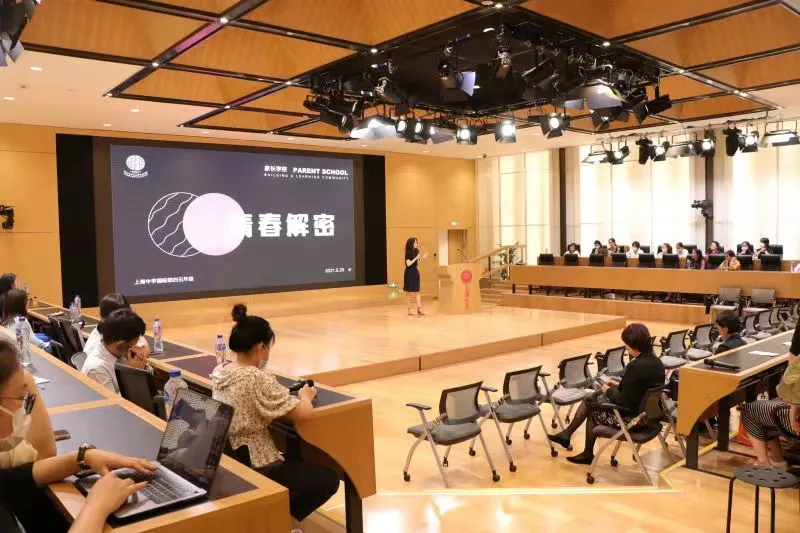
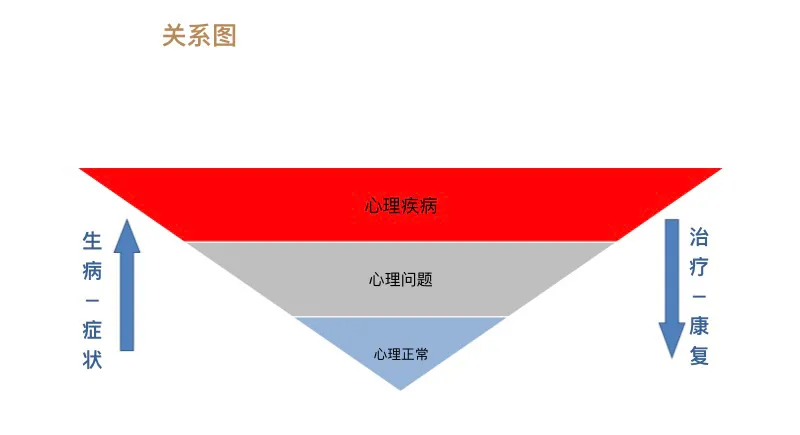
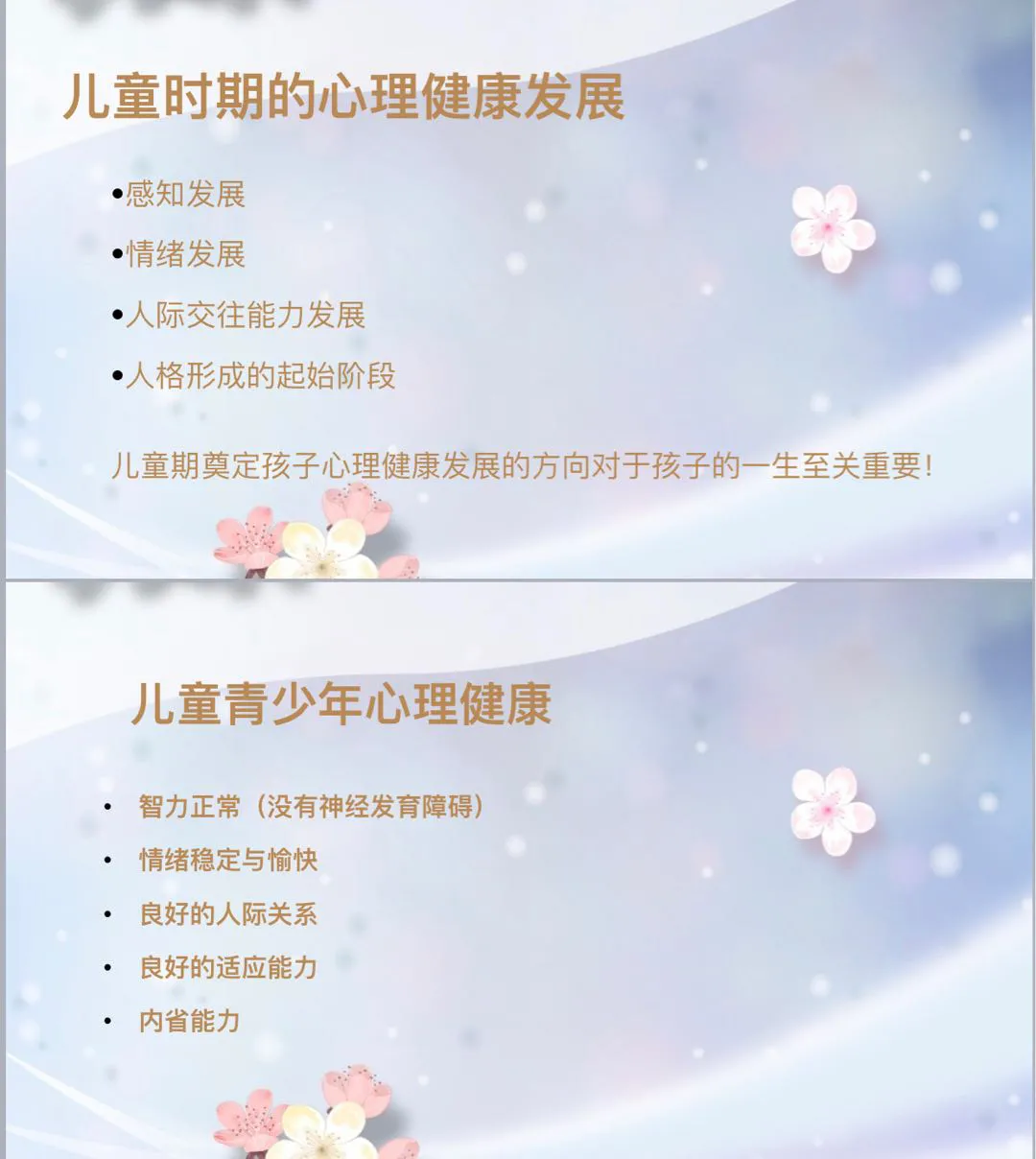
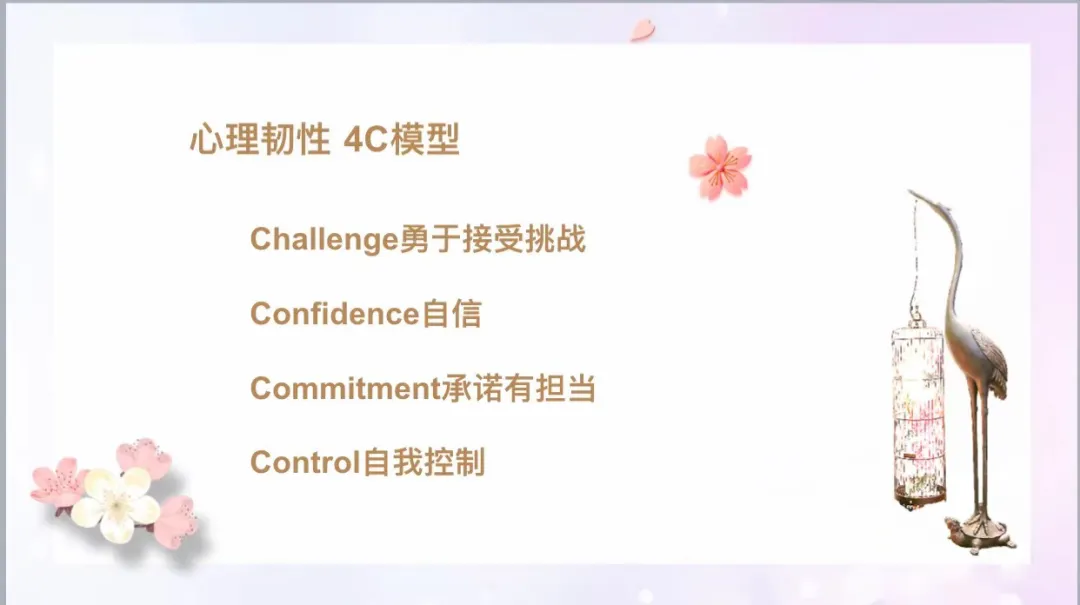
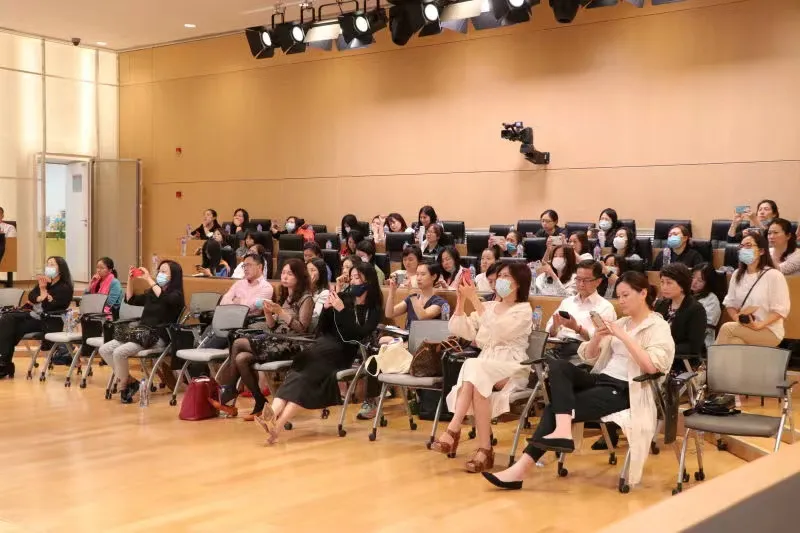
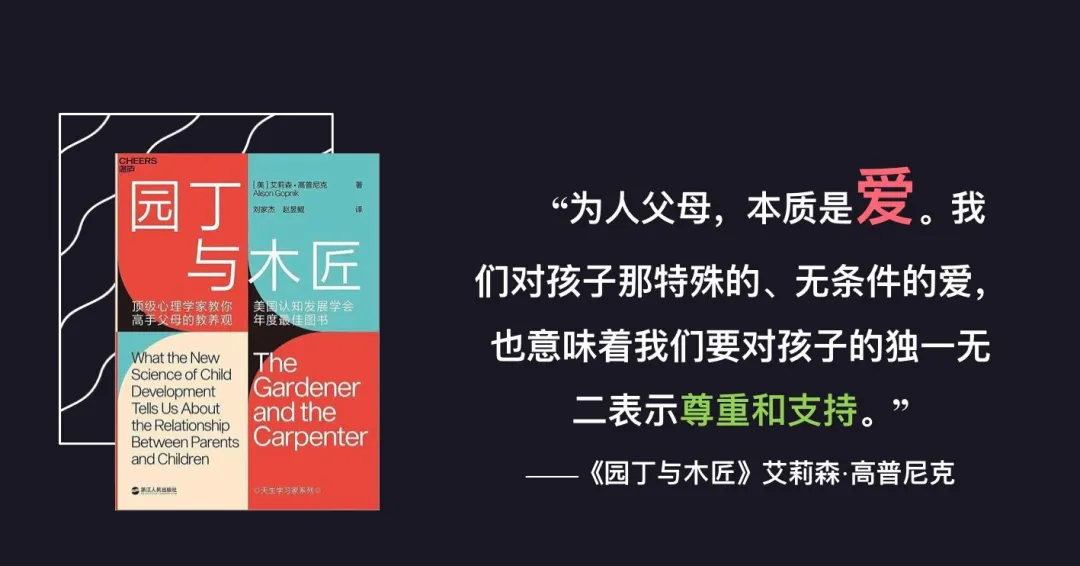
(WrittenbyWuYin,SunFanfan Pictures byKang Nina Edited by Huang Shiyuan, Mikah Jimenez)